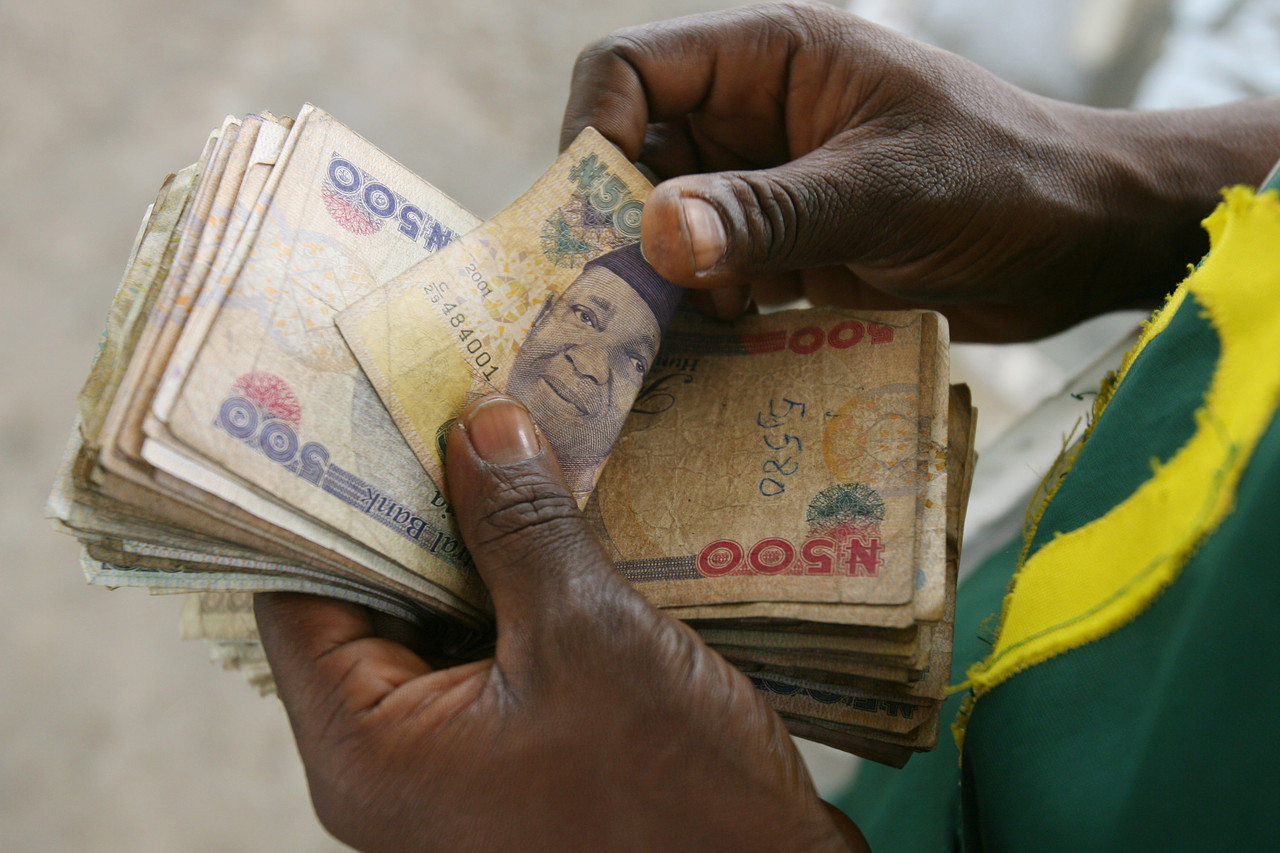Nigeria’s economy surprisingly came out of a recession in the fourth quarter, fuelled by growth in the agriculture and telecommunications industry that offset a sharp drop in oil production.
Africa’s largest economy recorded a gross domestic product (GDP) growth of 0.11% in the three months through December from a year eariler, compared with a drop of 3.6% in the third quarter, according to the National Bureau of Statistics.
The unexpected rebound means Nigeria may recover faster than expected as the oil price and output increase this year. It could also point to the growing importance of the non-crude sector.
Oil production dropped to 1.56 million barrels a day in the fourth quarter from 1.67 million barrels in the previous quarter. While crude oil contributes less than 10% of the country’s GDP, it accounts for nearly all foreign exchange earnings and half of government revenues.
The non-oil economy expanded by 1.7% from a year earlier, the strongest rate in four quarters, with agriculture growing 3.4% and telecommunications increasing 17.6%.
Economists say that a stronger recovery could ease pressure on the beleaguered central bank to stoke activity, paving the way for the increase in interest rates again to fight inflation that has continued to rise consecutively over the last 17 months.
Nigeria’s government expects the economy to grow by 3% this year, more than double predictions of the IMF. The Washington-based lender has warned a slow roll-out of COVID-19 vaccines could threaten the economy’s revival.
The economy contracted 1.92% for the full year, the most since at least 1991, according to International Monetary Fund data.
“The fact that we have seen a recovery in non-oil GDP growth is positive,” said Razia Khan, chief economist for Africa and the Middle East at Standard Chartered Bank. “However, the headwinds associated with the second wave of Covid-19 may still be considerable.”

